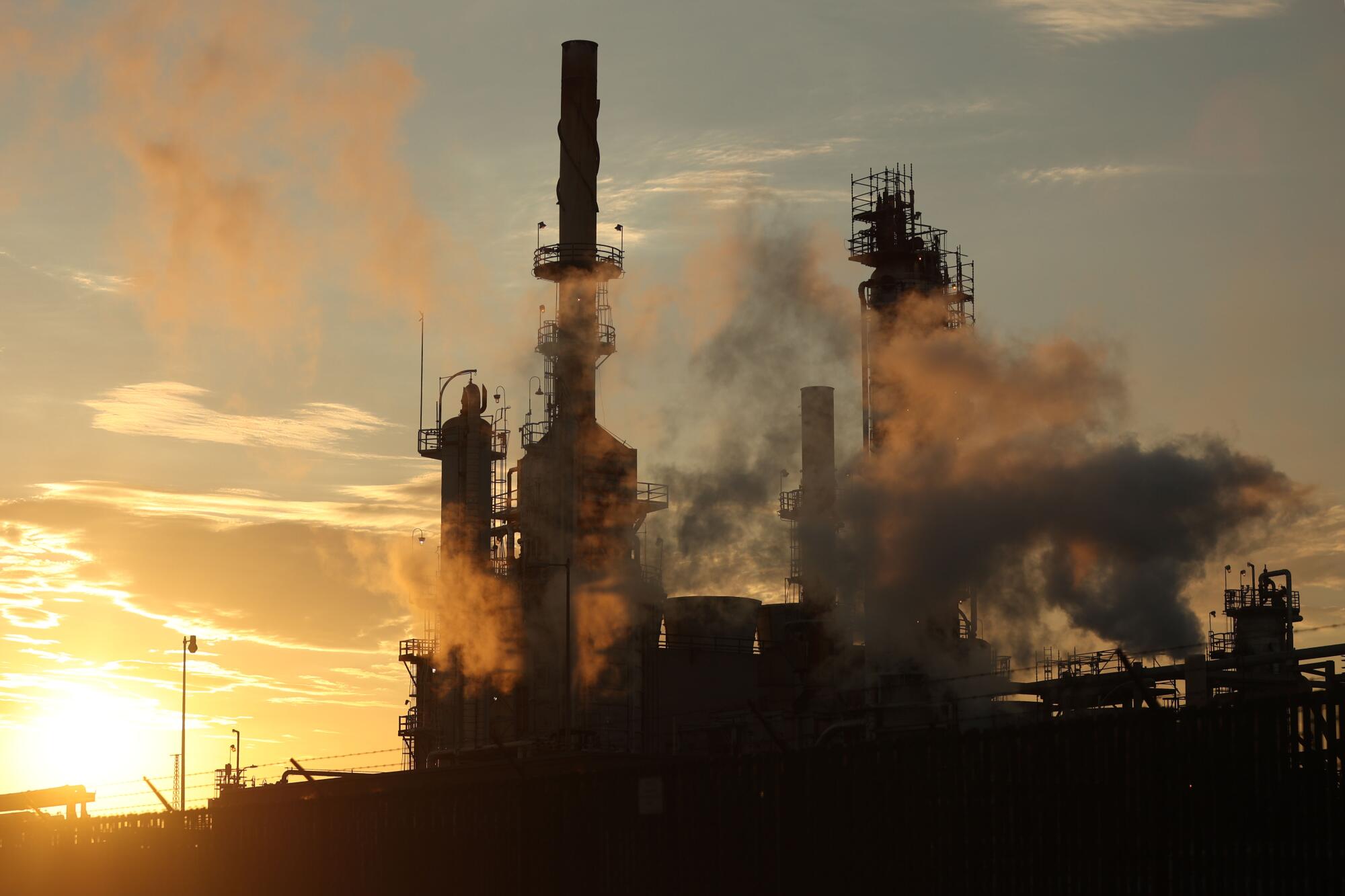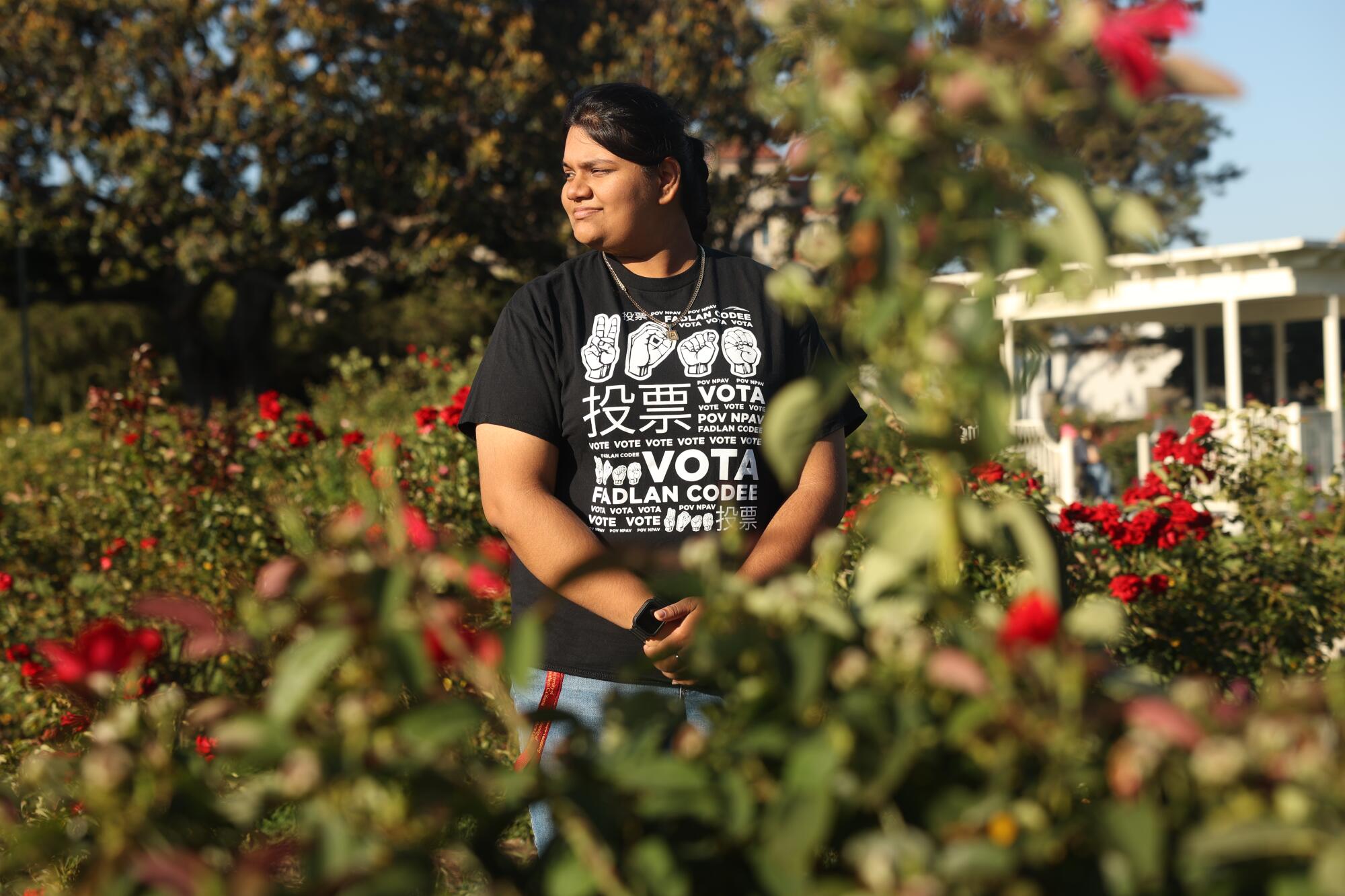
Growing up, I understood that children are products of their environment, so let me tell you a little about mine: I grew up in Secaucus, New Jersey, a town nicknamed “the Jewel of the Meadowlands.” My suburban hometown sits in the heart of a vast wetland ecosystem, the Meadowlands, through which the Hackensack River flows. But with the effluent from post-agricultural hog farms and debris from the New York City Railroad dumped into the area, the Meadowlands became a jewel in need of polishing.
Secaucus is working to restore the natural marshes by designating them as protected areas so that fewer apartment complexes can be built and start sinking in a few years, which has happened in the past. The city has become environmentally conscious and, living in this environment, I have done the same.
In high school, I worked with the Secaucus Department of the Environment for over three years as part of the Next Generation Community Leaders, or NGCL, program created by the Lindsey Meyer Teen Institute. Little did I know how much that experience would impact my life. Throughout that time, I learned about climate change, the planet’s environmental challenges, and the steps we need to take to reduce our footprint. I helped implement a ban on plastic bags and Styrofoam, designed a food waste composting system at my high school and in local gardens, and created public service announcements about green living. I went door to door promoting environmentally friendly living and educated residents on how to compost at home.
I also certified local businesses as “green” based on whether or not they followed practices set forth by the Sustainable Jersey Network. These practices included recycling, reducing food waste, not using Styrofoam, etc. My contributions to environmental service helped Secaucus achieve recognition as a Sustainable jersey as a Silver Certified Community.
This experience showed me how local actions can create change. By educating Secaucus residents, we changed their behavior, even if only slightly, to be more environmentally friendly. Residents began growing produce in community gardens, composting at home, and reducing their use of plastic bags. I saw firsthand that the humans responsible for the degradation of the planet have the potential to make changes to repair it and make it better for future generations. From that day forward, I carried that responsibility with me.
I’ll be honest: I don’t know the current status of the projects I’ve worked on in Secaucus. I hope residents continue to compost at home and that these businesses continue their green practices.
I began my sustainability learning journey at USC with a major in Industrial and Systems Engineering and a minor in Law and Public Policy. While these fields are not directly related to the climate ecosphere, my advocacy at Secaucus made me realize that a systematic mindset and policy knowledge would be powerful tools with which I could drive change in government and the private sector by advocating for sustainability solutions on a larger scale. With the opportunities offered by USC, I knew I could get involved in environmentalism and sustainability without having to major in environmental science.

“We went door to door [local] “Young people…and have discovered that their top environmental priorities are cleaner air, green spaces and green buildings,” says Alyssa Jaipersaud, a member of the Los Angeles County Youth Climate Commission.
(Michael Blackshire / Los Angeles Times)
If you had asked Alyssa, a freshman, what her ultimate career goal was, she would have said, “To facilitate systemic change within the bureaucracy through green and climate-preserving policies to make society more sustainable.” I wrote this on an index card and kept it in my backpack throughout my studies as a constant reminder of this goal, because being an environmentalist can be daunting in today’s climate.
Since then, I think I would have made Alyssa, a freshman, proud of myself. I was accepted into the USC Student Sustainability Committee and became a mentor for new members. The SSC serves as the student body’s representative on the President’s Sustainability Task Force. We work on projects like installing reusable takeout containers in dining halls, ensuring that ongoing campus construction adheres to green practices, and creating a central physical space where sustainability-minded students can gather.
As a member of the SSC, I ensured that sustainability became a standard educational practice at USC and that student behaviors were changed in favor of respecting their environment. I continued my education at USC by pursuing a master’s degree in sustainable engineering and earned the distinction of National Academy of Engineering Grand Challenges Scholar with a focus on sustainability.

Alyssa Jaipersaud poses for a portrait in the Rose Garden at Exposition Park.
(Michael Blackshire / Los Angeles Times)
My environmental work led to my appointment as the Los Angeles County Youth Climate Commissioner, the first organization of its kind in the world. We surveyed young people in Los Angeles County and found that their top environmental priorities are cleaner air, green spaces, and green buildings.
Today, as a member of the Legislative Committee, I am following all federal and state actions related to these priorities and bringing them to the attention of the County Board of Supervisors so they can decide whether to amend, support, or reject the legislation. We are actively working to support legislation currently before the U.S. Senate that would call for creating opportunities for young people to be involved in policymaking so they can ensure a healthy environment for their future and those to come.
Since children are products of their environment, we must help future generations live in a pleasant environment. The environment is constantly changing due to global warming. Future generations will only have a chance if we work today to make the world sustainable. Instead of forcing future generations to learn how to survive to fix the environmental mistakes we are making today, they should be given the opportunity to live without the repercussions of the past.
I have witnessed the negative effects of an abused environment in my hometown and want to ensure that future generations do not suffer the consequences of our actions. With a sustainability mindset, local changes can influence politicians and create the systemic change needed to control the biggest offenders. One important step is behavior change, which can start locally and be brought about by people who do not even study environmental studies, like me.
Alyssa Jaipersaud received a Bachelor of Science in Industrial and Systems Engineering with a minor in Law and Public Policy. at USC She is also completing a Master of Science in Sustainable Engineering. She plans to work full-time in the sustainability sector, either as a consultant or as a practicing engineer.



